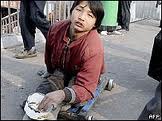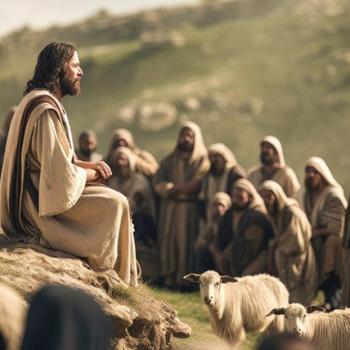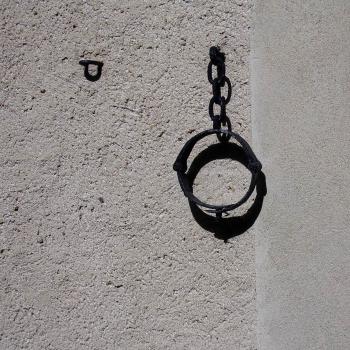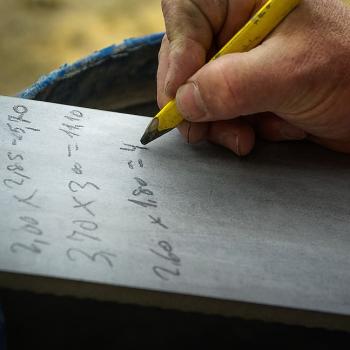This post interacts with the second part of a blog series posted by Global China Center, entitled “Respecting Chinese Culture: The Example of Hudson Taylor.” Dr. G. Wright Doyle looks at how Hudson Taylor responded to the political circumstances that confronted him and his fellow CIM missionaries. In short, England had won victory in the Opium Wars, forcing the Chinese to open up trade harbors and grant foreigners rights that fostered greater resentment among locals. While there is not exactly the same sort of hostility towards foreigners now as then, there is still plenty of nationalism and politics is still a touchy subject. Every missionaries knows (or should know) not to talk about four Ts: Tiananmen, Tibet, torture, and Taiwan.
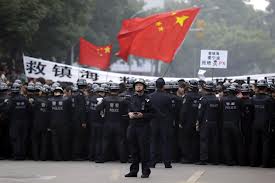 Doyle points out that Taylor and others refused Consular protection and did not insist on compensation when locals would destroy their property (out of anger for their simply being “foreign devils”). What about missionaries today? I suggest a few points that are relevant for comparing Western workers then and now. First, most missionaries I’ve interacted with do recognize the importance of not preaching “democracy” as if to blend Scripture with Western culture. The typical Chinese response to a gospel presentation, even today, is something like, “Oh, that’s a Western religion. All Americans are Christians.”
Doyle points out that Taylor and others refused Consular protection and did not insist on compensation when locals would destroy their property (out of anger for their simply being “foreign devils”). What about missionaries today? I suggest a few points that are relevant for comparing Western workers then and now. First, most missionaries I’ve interacted with do recognize the importance of not preaching “democracy” as if to blend Scripture with Western culture. The typical Chinese response to a gospel presentation, even today, is something like, “Oh, that’s a Western religion. All Americans are Christians.”
Second, however, many missionaries in their own way are less successful when it comes to demanding their “rights.” I’m not talking about political rights. I’m thinking of a more subtle expectation that affects social interactions. Since some Westerners see the “pursuit of happiness” as a seemingly fundamental human right, various problems can emerge within agency hierarchies, where young missionaries don’t think supervisors have the right to dictate strategy, language proficiency, or financial constraints. Neither do some people think their leadership should have the right to hold them accountable for various behaviors (like how many hours they work each week). Relative to Chinese people, missionaries may at times overly guard their right to personal time. Others must guard against the temptation to buy this or that item of convenience. After all, they have “sacrificed so much” and it’s their right to spend their money as they wish.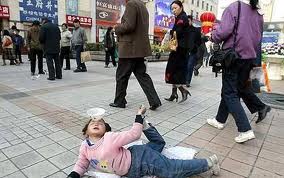
The above statements are simply areas of dangers and do not reflect a large portion of missionaries. Nevertheless, these are real dangers that threaten to undermine ministry among the Chinese.
We should notice that Taylor’s approach was more of avoiding conflict. It is worth considering whether there is a place for active engagement. I’m not talking about some anti-communist, pro-democracy movement or ushering in a Western-style theocracy (whatever that would mean). However, how about the church’s role to publicly expose government corruption? Should Christians put pressure on national and local leaders to ensure justice for the oppressed, poor, and outcast? What would peaceful resistance look like that doesn’t lose focus on the gospel yet reflect the persistence and purposeful protest of Jesus against the ruling party of his day?
Thoughts?


